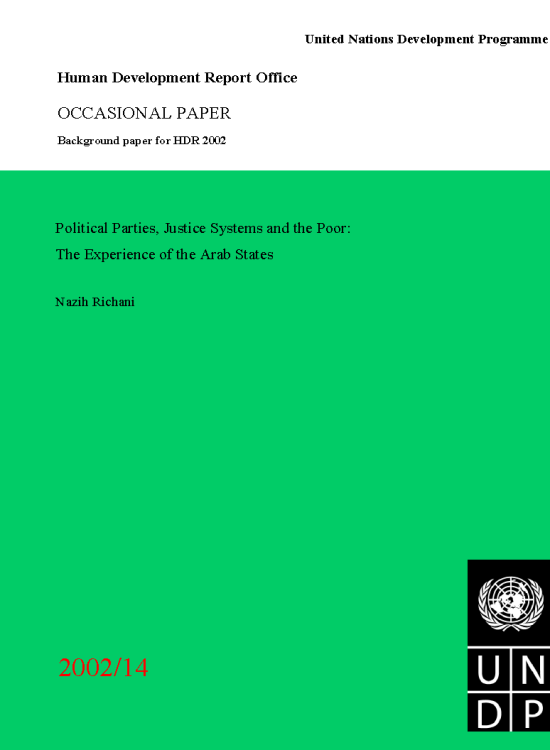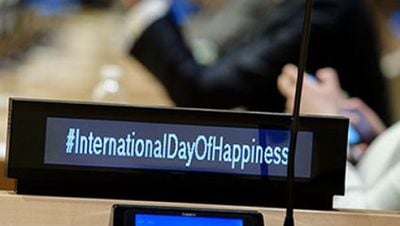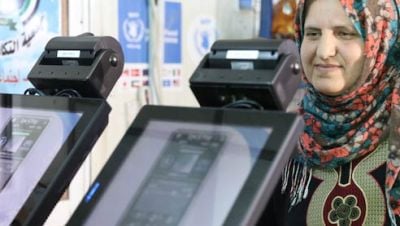Political Parties, Justice Systems and the Poor
The Experience of the Arab States

Download Report by Language
Document
richani2002.pdf
(292.86 KB)
Citation
Richani, Nazih. 2002. Political Parties, Justice Systems and the Poor: The Experience of the Arab States. New York.
Political Parties, Justice Systems and the Poor
The Experience of the Arab States
Posted on: January 01, 2002
In the 1990s, Arab states responses to the changing global environment fell into one of the following categories:1) An authoritarian backlash, such as the one in Algeria and Sudan that led to and exacerbated civil wars and to the consolidation of military dictatorships in Iraq, Libya, and Syria; 2) The consolidation of monarchies, with little if any political openings, as in Saudi Arabia, United Arab Emirates, Qatar, Oman, and Bahrain; and 3) The opening of political systems to accommodate rising political forces largely by pacting agreements that guarantee the hegemonic political forces a privileged position in the power structure circumscribing the democratization process leading to the emergence of restricted electoral democracies.1 Cases in point are Morocco, Tunisia, Jordan, Kuwait, Egypt, Yemen, and Lebanon. This paper in its first part focuses on this third type of response and analyzes the main characteristics of restricted democracies in each of the mentioned countries and examines the role that political parties and the administration of justice play in improving the conditions of the underprivileged groups classes. In the second part, the paper draws on the examples of authoritarian and the conservative monarchies of the Arab Gulf for comparative analytical purposes particularly in evaluating the role of the judiciary (since political parties are banned and virtually nonexistent) in defense of the underprivileged classes and groups.

